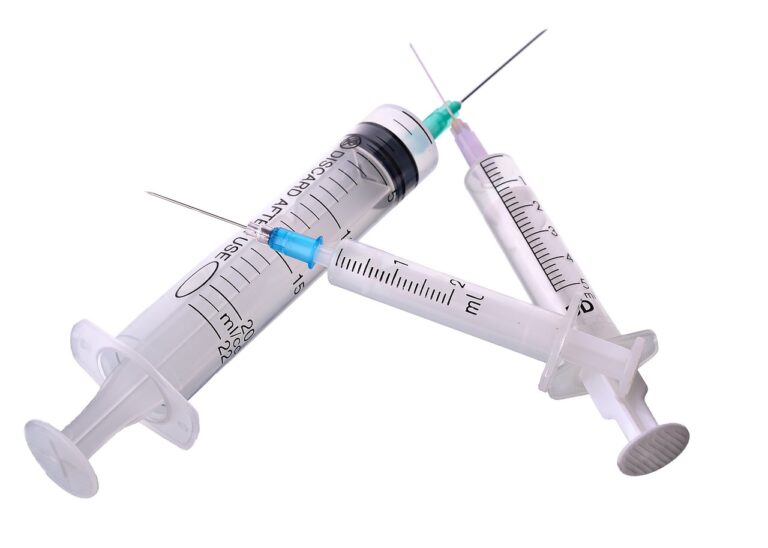The Future of Robotics in Surgery: Precision and Efficiency
Surgical robotics have transformed the field of medicine by offering more precise, minimally invasive procedures. However, with these advancements also come challenges that need to be addressed. One of the primary obstacles faced in surgical robotics is the high cost associated with acquiring and maintaining this technology. Hospitals and medical facilities must invest significant resources to purchase robotic systems and provide training for medical personnel.
Another challenge is the need for ongoing research and development to enhance the capabilities of surgical robots. As technology continues to evolve, there is a constant demand for improvements in areas such as dexterity, precision, and integration with other medical devices. Additionally, ensuring the safety and effectiveness of robotic procedures remains a significant concern for both healthcare providers and patients. As the field of surgical robotics continues to expand, addressing these challenges will be essential to maximize the benefits of this innovative technology.
Advancements in Robotic Technology
Robotic technology has made significant strides in recent years, particularly in the field of minimally invasive surgery. Surgeons now have access to advanced robotic systems that offer enhanced precision and control during procedures. These robotic systems allow for smaller incisions, reduced blood loss, and faster recovery times for patients, making them an attractive option for many surgical specialties.
In addition to improved surgical outcomes, advancements in robotic technology have also led to the development of more versatile and adaptable systems. Robotic platforms are now able to handle a wider range of procedures, from complex cardiovascular surgeries to delicate neurosurgical interventions. This versatility allows surgeons to tailor the technology to suit their specific needs and optimize patient care across a variety of medical disciplines.
What are some of the current challenges in surgical robotics?
Some of the current challenges in surgical robotics include the need for improved dexterity and precision in performing complex procedures, the cost of acquiring and maintaining robotic systems, and concerns about potential errors or malfunctions during surgery.
What are some of the recent advancements in robotic technology?
Recent advancements in robotic technology include the development of robots with greater autonomy and artificial intelligence capabilities, the miniaturization of robotic components for use in minimally invasive surgery, and the integration of virtual reality and augmented reality features for enhanced visualization during procedures.





